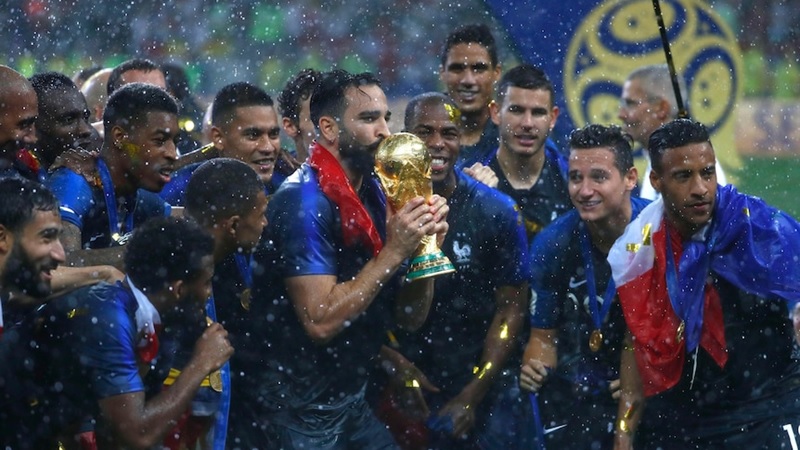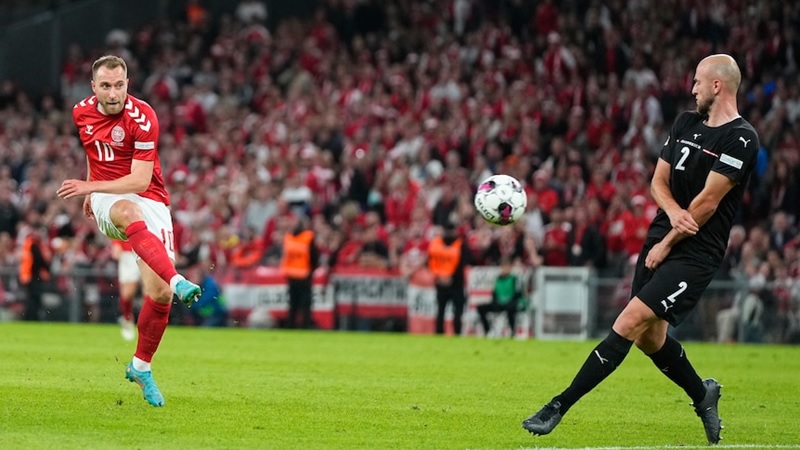Five things you need to know about the Socceroos and FIFA World Cup
Thanks to a thrilling penalty shootout victory over Peru, the Socceroos have qualified for a fifth straight World Cup. The Australian team’s task at this year’s finals is summarised in these five key points. Time and Venue of the FIFA World Cup The Middle Eastern country of Qatar will host the FIFA…
Thanks to a thrilling penalty shootout victory over Peru, the Socceroos have qualified for a fifth straight World Cup.
The Australian team’s task at this year’s finals is summarised in these five key points.
Time and Venue of the FIFA World Cup
The Middle Eastern country of Qatar will host the FIFA World Cup, which will begin on November 21 and conclude with the World Cup final, which will begin at midnight AEDT on December 19.
32 teams will compete in Qatar, divided into eight groups of four.
Each group’s top two finishers proceed to the knockout rounds.
Eight locations in or near Doha, the capital, will host matches.
The final will be placed 21 kilometres north of the capital at the 80,000-seat Luhail Stadium.
Which country will be in the Australia Group?
Australia was placed in Group D together with France, Tunisia, and Denmark as the winner of the intercontinental play-off against Peru.
When Australia’s Socceroos played France, Denmark, and Peru in Russia four years ago, this group was remarkably similar to that one.
All of the Socceroos’ matches will be played at the Al-Janoub Stadium, which is 20 kilometres outside of Doha.
On November 23 at 6 a.m. AEDT, they will play France in their inaugural match.
On November 26 at 9 p.m. AEDT, Australia will play Tunisia.
On December 1 at 2 AM AEDT, they will play their final match versus Denmark.
What is the winning percentage for the Socceroos?

Australia finished fourth with one point from three games four years ago, behind France, Denmark, and Peru, failing to advance from the group stage.
The event this year is shaping up to be a challenging job for Graham Arnold’s team.
In 2018, France won the World Cup, taking home the title for the second time.
They are now rated third in the world despite not having the best of seasons, and they still have stars like goalkeeper Hugo Lloris, midfielder N’Golo Kanté, attackers Kylian Mbappé, Karim Benzema, and Antoine Griezmann, defender Raphael Varane, and midfielder N’Golo Kanté.
On current form, the 11th-ranked Danes should advance to the second round alongside the French.
Their most well-known player is the playmaker Christian Eriksen, who has returned to Premier League football after surviving a heart attack during the Euro 2020 competition and appears certain to be named to the Danish team for Qatar.

The 35th-ranked nation of Tunisia has advanced to the World Cup finals six times overall.
The Tunisians have played 15 games in the competition and have only won two of them; they haven’t yet advanced to the knockout rounds.
To have a chance of moving on, Australia will need to defeat Tunisia and at least draw with either France or Denmark.
Who are the FIFA World Cup favourite teams?
The World Cup favourites, with the exception of reigning champions France, are all previous champions.
With the likes of striker Neymar, attacking midfielder Raphinha, winger Vincius Jnior, and goalkeeper Alisson, Brazil, which has won the competition a record five times, will once again be viewed as a major threat.
After a heartbreaking loss in the Euro 2020 championship, the English team with ace striker Harry Kane will seek to advance even higher.
Along with other strikers like Marco Asensio and lvaro Morata, Spain will also be competing.
Argentina, led by superstar Lionel Messi, will have another great chance to win the World Cup in what is likely to be his final finals.
What has changed with the FIFA World Cup?
The fact that the World Cup will begin in November marks the biggest change for this year’s competition.
World Cups often take place in northern summer, in July or August.
The decision was made this year to avoid the scorching heat of a Qatari summer, when temperatures can soar as high as 42 degrees Celsius.
All eight of the open-air stadiums used for the World Cup will have air conditioning, using specially created coolant systems, to assure the comfort of spectators and athletes.







